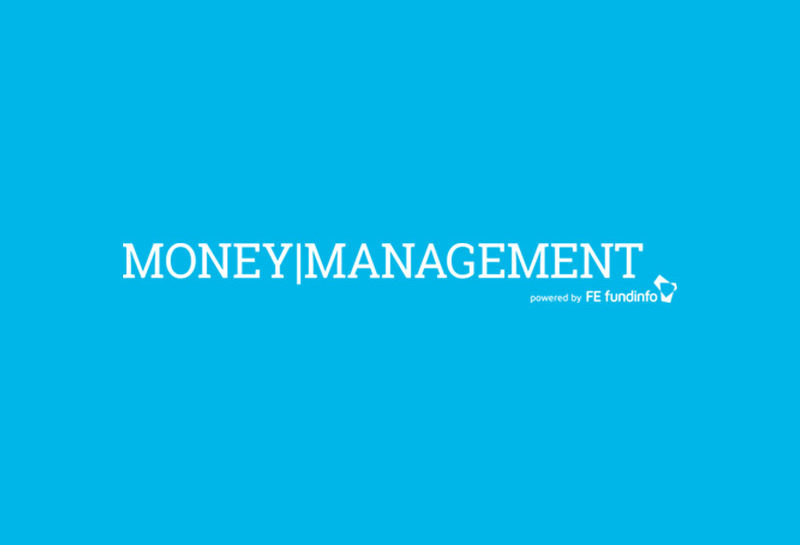Key insights from the FSI report.
A significant focus of Financial Mindfulness is the tracking and reporting of our Financial Stress Index (FSI), which allows us to benchmark and compare the impact of financial stress on Australians. The FSI has now become a leading financial stress measure in Australia.
The FSI is a comprehensive measure of the financial factors and biopsychosocial consequences of financial stress.
It is evidence-based and was researched and developed by neuropsychologists and financial experts to better understand how financial stress impacts individual wellbeing.
March 2021 marked the release of FSI data collected from the period August 2020 to February 2021 – overlapping with the extension of one of the Australian Government’s key pandemic supports, JobKeeper.
Financial Mindfulness believes the March 2021 FSI revealed significant insights about the impacts of financial stress especially when mapped against the findings from the previous six months – the early months of the Coronavirus pandemic, February to August 2020.
When Financial Mindfulness prepared the latest FSI report and provided key media outlets with the findings, those outlets reported news that reflected our key findings.
Those were:
- 10.75x increase in people who are thriving and not experiencing financial stress.
- 9.75x increase in those experiencing financial distressed during COVID19 times from pre-COVID19.
- Of those who are financially stressed, a large proportion feel worried (86%), overwhelmed (72%), and downhearted (75%) about their financial situation.
- 66% of people note financial stress has negatively impacted their relationships
- 59% experienced conflict with loved ones.
“Uncertainty was a universal experience during the early stages of Covid,” said Financial Mindfulness CEO and Founder Andrew Fleming.
“Unfortunately, a lot of us humans have a habit of thinking the worst when faced with uncertainty.”
“Our data shows the first three months of COVID-19 saw a big upswing in people worried about their finances, many of whom became downhearted and overwhelmed about their finances.”
The Government stepped in and provided extensive financial support, employers set up ‘work from home’ arrangements that allowed businesses to stay afloat, and there was a realisation that the sky would not fall in.
FSI data comparing the six months to the end of February 2021 with the previous six months showed confidence returned.
“The bounce was significant, a lot of people started to experience less financial stress and identified as ’thriving’.”
“Money was saved due to lockdown measures and that drove an increase in personal savings.”
In an online article headlined More people say they are thriving financially than before Covid-19, influential news outlet The Australian, reported the key finding that ‘the level of those who considered themselves as financially thriving was 18.8 per cent, which crashed to 2.4 per cent during the first six months of the pandemic.’
The website, Money Management, also reported the same key finding in an online article titled Australians rebounding from pandemic.
The Australian also ran the article in its print edition, headlined More Thriving Financially but Those in Distress on Rise.
This headline reflected the other end of the financial stress spectrum – and showed that the numbers of people in financial distress have continued to rise since we first began measuring financial stress.
FSI data showed an increase in dysfunctional behaviours such as drinking, eating and smoking more.
People under financial stress and distress became aggressive to others, became distracted and started to ignore their financial situation.
People became agitated, felt tension, had trouble winding down and sleeping.
This was picked up by one of the most-read and popular news outlets in Australia, The Daily Mail in its online article headlined Revealed: The staggering number of Australians with less than $2000 in the bank – and why the slow Covid vaccination rollout could leave them financially ruined.
The article noted ‘Money wellbeing app Financial Mindfulness surveyed 645 Australians and found 34 per cent of them would be unable to raise $2,000 to cover a financial emergency.’
The Daily Mail also noted that aspect of the FSI was a ‘barometer of economic health’ in Australia.
“Ultimately we were not surprised about the financial fear everyone experienced during the initial impact of COVID and lockdowns,” Mr Fleming said.
“But we were very surprised about the extent of the bounce back, with so many people feeling financially confident.”
“We were also surprised and disappointed about the significant increase in people experiencing financial distress despite the bounce back, they are being left behind.”
Recently Financial Mindfulness has also been active in promoting mindfulness as a tool to help people manage their financial stress.
This concept was discussed in an article published by the website Financy recently, titled Using mindfulness to overcome financial stress.
The article was based on an exclusive interview with Dr Ellen Langer, secured by Financial Mindfulness.
That interview also produced blogs for this website, which you can read in two parts. The first part is here and the conclusion is here.
We believe mindfulness can be part of a solution to achieve a positive way of living where people maintain awareness and pay attention to their finances and financial behaviours.
We call that way of living financial mindfulness.
Financial Mindfulness recognises JobKeeper came to an end on March 28 and we look forward to finding out how this change affects people’s financial wellbeing in the next FSI reporting – which will be available at the start of August 2021.
Stay tuned and contact us if you would like to be updated and participate in our FSI work.






















